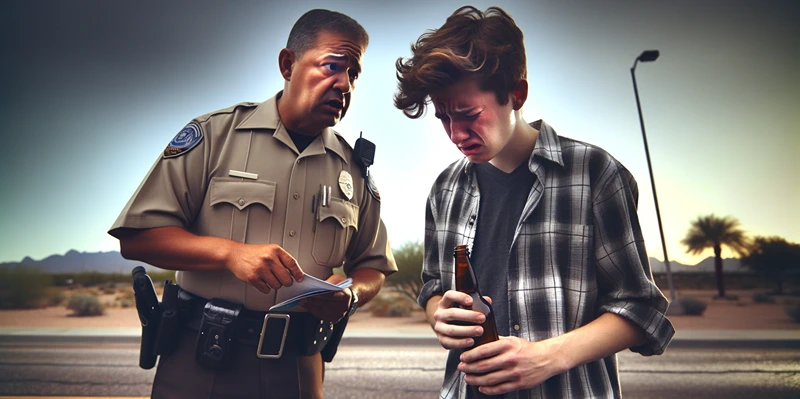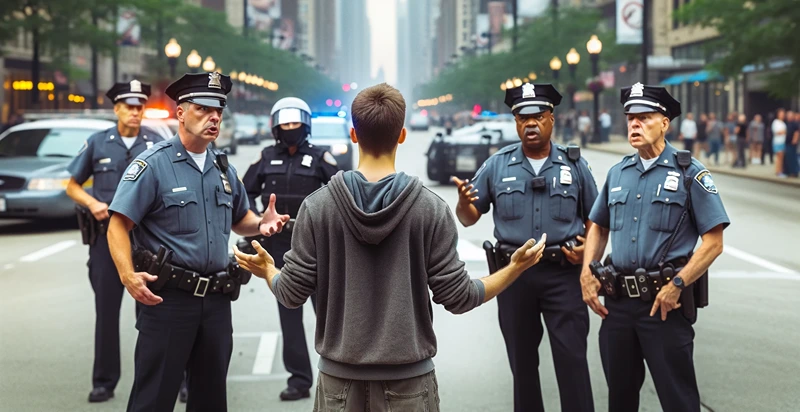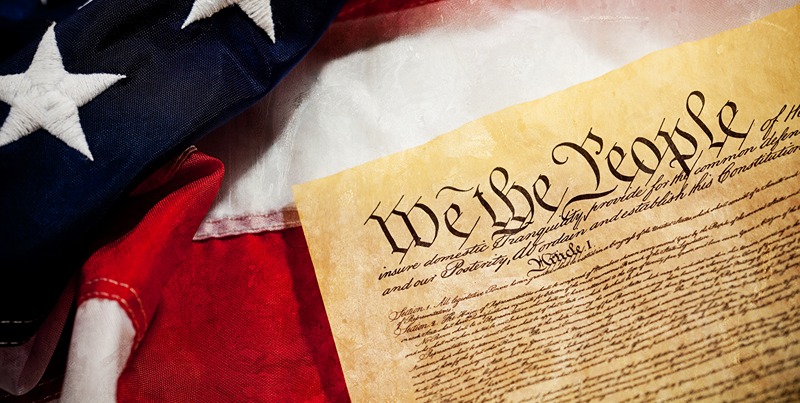
Investigative Article: Involuntary v. Voluntary Intoxication as a Criminal Defense in Arizona
Imagine walking out of a bar in a blur and waking up in a police cell. This scenario may seem unrealistic to some, but unfortunately, it is not uncommon. Involuntary intoxication is a phenomenon that affects many people, and it can have severe legal consequences.
What is Involuntary Intoxication?
Involuntary intoxication is a state in which an individual becomes intoxicated without intending or knowing that the substance consumed would cause intoxication. This state may arise due to prescribed medication, ingestion of contaminated food or drink, or unintended reactions to legal substances.
When someone becomes involuntarily intoxicated and commits a crime, the concept of criminal responsibility comes into question. Is the person responsible for their actions while under the influence of an involuntary substance? Can intoxication be a defense to committing a crime in Arizona?
Arizona Law on Intoxication Defense
Under Arizona law, a distinction is made between involuntary and voluntary intoxication. It is essential to understand this difference because the defenses available to each are different.
Voluntary intoxication is when an individual knowingly and willingly consumes an intoxicating substance. Under Arizona law, voluntary intoxication is not an excuse for committing a crime. However, in certain circumstances, it may affect the degree of the crime or the sentence imposed.
On the other hand, involuntary intoxication is not the fault of the individual. Therefore, if one commits a crime while under the influence of an involuntary substance, it may be a valid defense. To use involuntary intoxication as a defense, the individual must prove that they did not know or intend to consume an intoxicating substance.
The Case of Involuntary Intoxication in Arizona
An example of the application of involuntary intoxication as a defense can be seen in the State of Arizona v. Leverington case. In this case, the defendant was found guilty of homicide after shooting and killing a man while he was playing with a loaded firearm. The defendant claimed that he was involuntarily intoxicated due to consuming contaminated moonshine. The court ruled that the defendant's involuntary intoxication was a valid defense, which exculpated him from criminal responsibility.
The Leverington case illustrates the importance of understanding the distinction between involuntary and voluntary intoxication and their use as defenses in criminal proceedings.
Limitations of Involuntary Intoxication as a Defense
It is essential to note that not all types of involuntary intoxication are valid defenses. In Arizona, involuntary intoxication is only a valid defense if the substance ingested was not a common substance meant for consumption. Therefore, if an individual unknowingly consumes an intoxicating substance that is meant for consumption, such as alcohol or drugs, then involuntary intoxication is not a valid defense.
Furthermore, voluntary intoxication is not only a defense for the individual accused of committing a crime but can also serve as an aggravating factor that enhances the sentence imposed upon conviction.
Conclusion
Involuntary intoxication is a complex issue that affects many individuals in Arizona. The distinction between voluntary and involuntary intoxication under Arizona law is crucial in determining the availability of the intoxication defense and its limitations.
While involuntary intoxication may serve as a valid defense in certain circumstances, it is not a blanket defense. Therefore, individuals accused of committing a crime while under the influence of an involuntary substance should contact a criminal defense attorney experienced in handling intoxication cases.
Involuntary Intoxication in Arizona-Intoxication,Voluntary




















